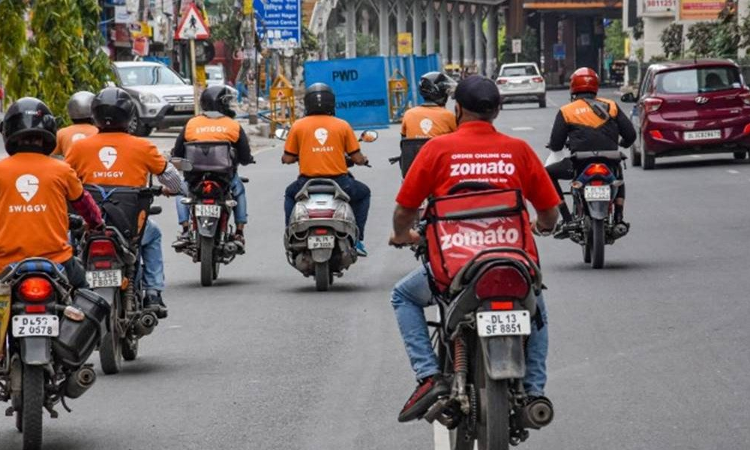The Competition Commission of India ("CCI"), on Monday, directed the Director General ("DG") to investigate and determine whether the conduct of Zomato and Swiggy are anti-competitive in terms of Section 3(1) read with Section 3(4) of the Competition Act, 2002 ("Act"). Being, prima facie, satisfied with some allegations made by the National Restaurant Association of India ("NRAI"), the...

